Technologies
Technologies enrich and impact on the lives of people and societies globally. Australia needs enterprising individuals who can make discerning decisions about the development and use of technologies and who can independently and collaboratively develop solutions to complex challenges and contribute to sustainable patterns of living. Technologies can play an important role in transforming, restoring and sustaining societies and natural, managed and constructed environments.
The Australian Curriculum: Technologies ensures that all students benefit from learning about and working with traditional, contemporary and emerging technologies that shape the world in which we live. By applying their knowledge and practical skills and processes when using technologies and other resources to create innovative solutions, independently and collaboratively, they develop knowledge, understanding and skills to respond creatively to current and future needs.
The practical nature of the Technologies learning area engages students in critical and creative thinking, including understanding interrelationships in systems when solving complex problems. A systematic approach to experimentation, problem-solving, prototyping and evaluation instils in students the value of planning and reviewing processes to realise ideas.
All young Australians should develop capacity for action and a critical appreciation of the processes through which technologies are developed and how technologies can contribute to societies. Students need opportunities to consider the use and impact of technological solutions on equity, ethics, and personal and social values. In creating solutions, as well as responding to the designed world, students consider desirable sustainable patterns of living, and contribute to preferred futures for themselves and others.
This rationale is extended and complemented by specific rationales for each Technologies subject.
- Plus Plan
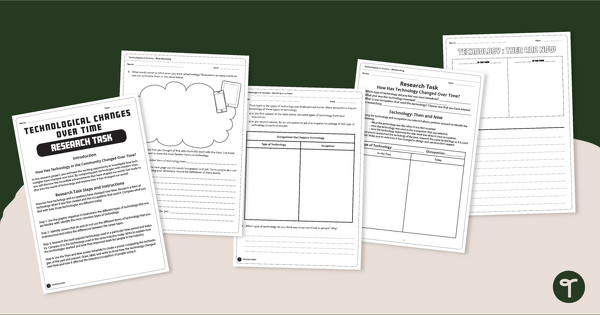
The Evolution of Technology - Research Project
Explores the evolution of technology over time with a handy research project.
- Free Plan
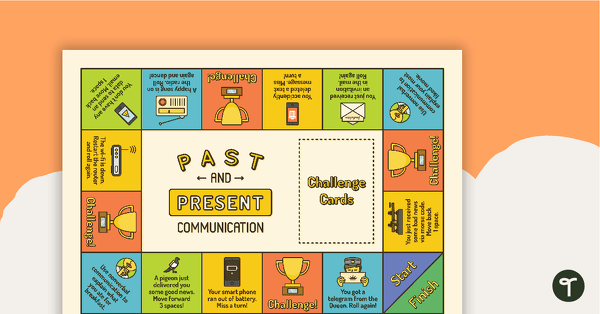
Past and Present Communication Board Game
A fun and engaging board game to consolidate students' understanding of past and present communication devices.
- Plus Plan
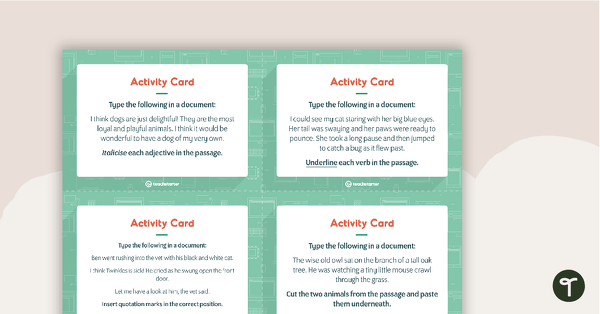
Word Processing Activity Cards
16 activity cards for students to use to practise their word processing skills.
- Plus Plan
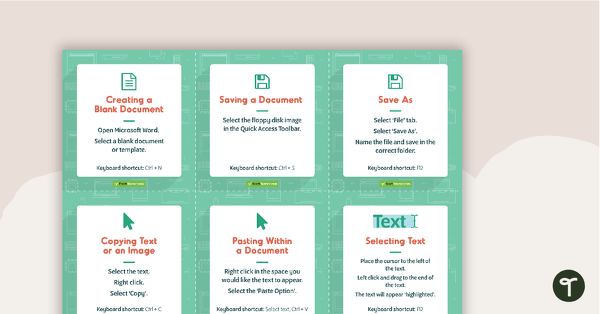
Word Processing Skills Task Cards
48 skills cards for students to use to enhance their word processing skills.
- Free Plan
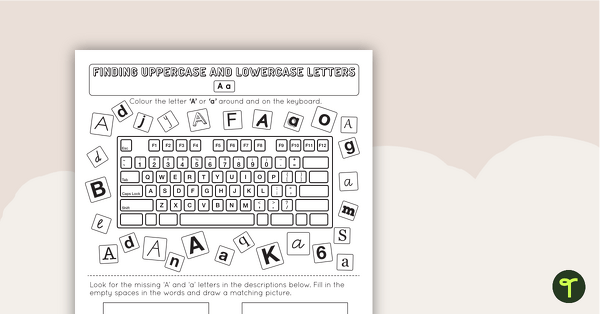
Recognising Uppercase and Lowercase Letters on a Keyboard Worksheet
A 26 page collection of worksheets (1 for each letter of the alphabet) to help students recognise uppercase and lowercase letters on a keyboard.
- Plus Plan
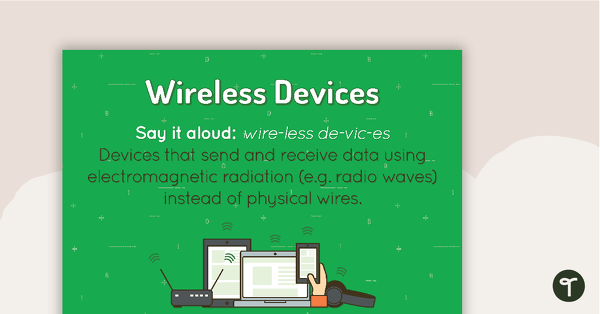
Wireless Devices Poster
A poster showing the definition and visual representations of wireless devices.
- Plus Plan
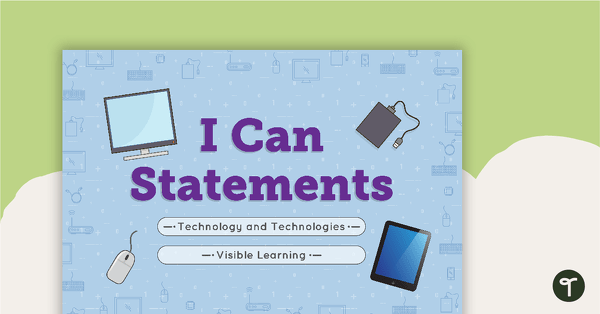
'I Can' Statements - Technology and Technologies (Middle Primary)
A set of 53 'I can' statement cards linked to the Australian Digital Technologies Curriculum.
- Plus Plan
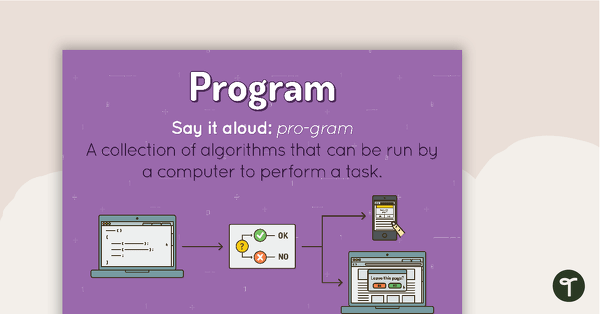
Program Poster
A poster showing the definition and an example of a program.
- Plus Plan
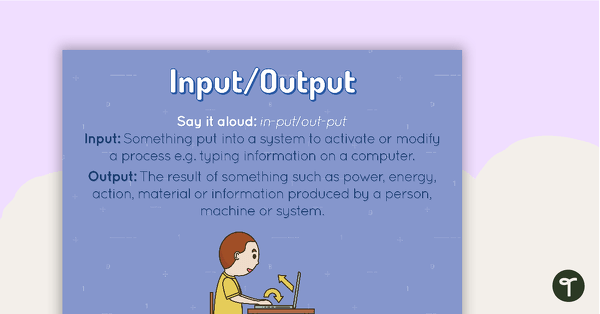
Input/Output Poster
A poster showing the definition and an example of an input and an output.
- Plus Plan
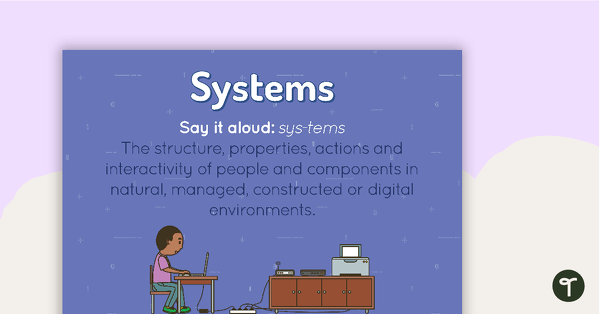
Systems Poster
A poster showing the definition and an example of a system.
- Plus Plan
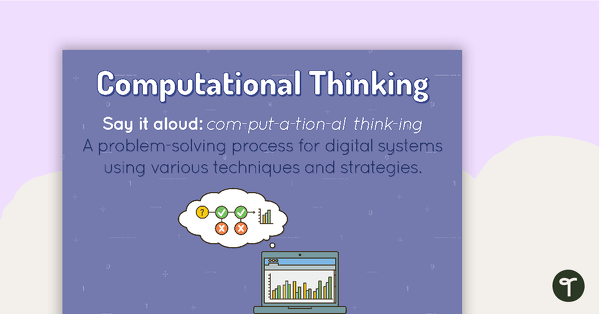
Computational Thinking Poster
A poster showing the definition and an example of computational thinking.
- Free Plan
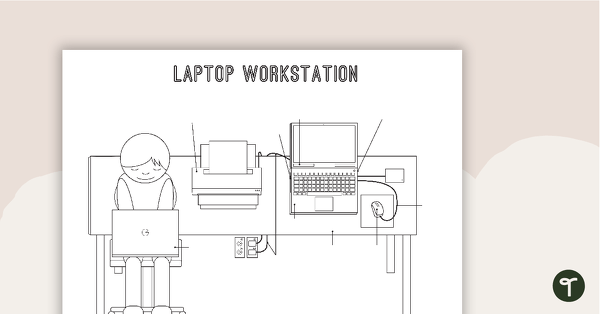
Technology Workstation Worksheet - Laptop Computer
A worksheet for students to label the key components of a laptop workstation.
- Plus Plan
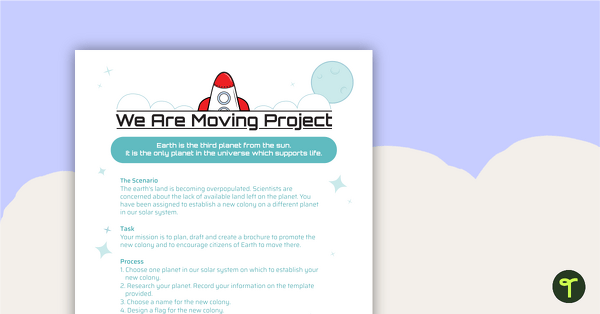
We Are Moving Project
An Earth and Space project that develops knowledge and understanding of scientific concepts, research skills and writing skills.
- Plus Plan
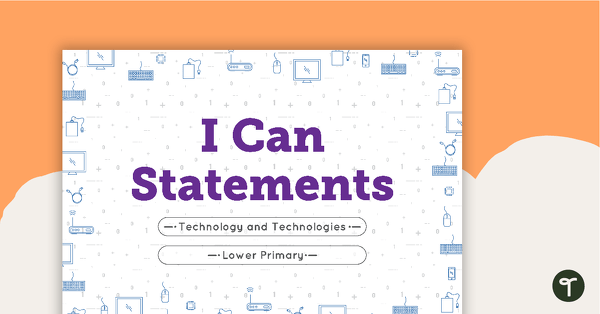
'I Can' Statements - Technology and Technologies (Lower Primary)
A set of 44 'I can' statement cards linked to the Australian Digital Technologies Curriculum.
- Plus Plan
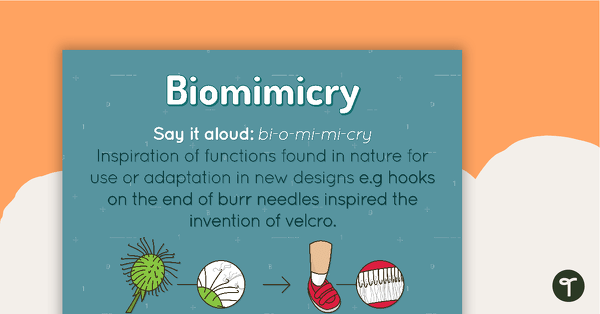
Biomimicry Poster
A poster showing the definition and an example of biomimicry.
- Free Plan
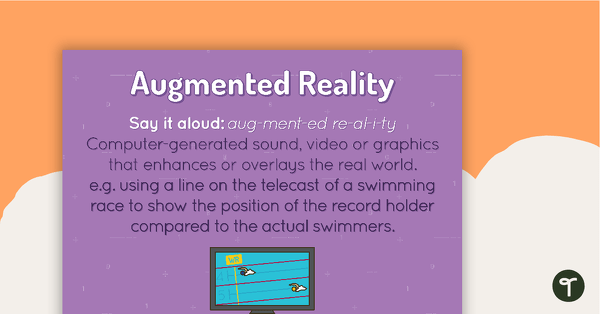
Augmented Reality Poster
A poster showing the definition and an example of an augmented reality.
- Plus Plan
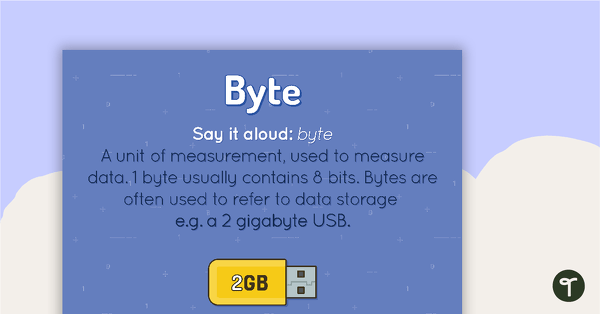
Byte Poster
A poster showing the definition and an example of a byte.
- Plus Plan
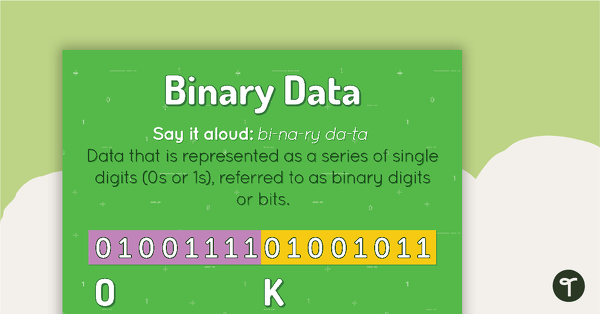
Binary Data Poster
A poster showing the definition and an example of binary data.
- Plus Plan
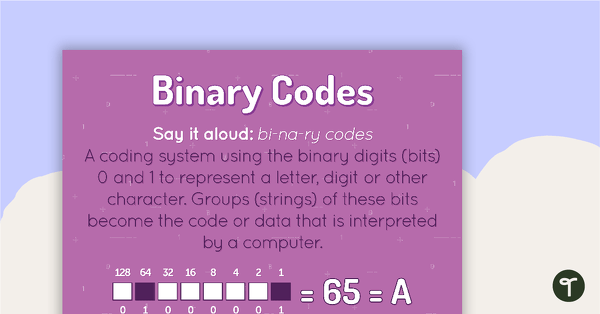
Binary Codes Poster
A poster showing the definition and an example of binary codes.
- Plus Plan
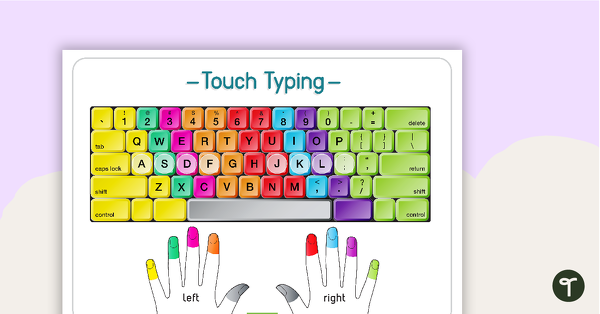
Touch Typing Poster
A poster to remind students of correct fingers when touch typing.
- Plus Plan
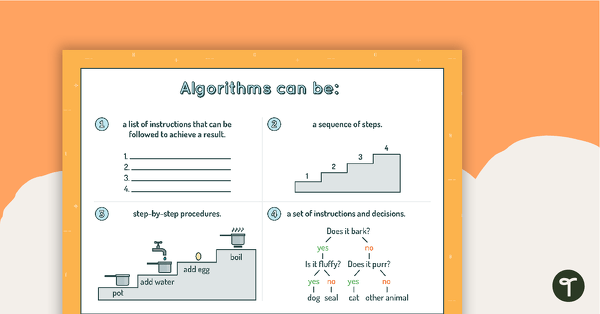
Algorithms Can Be... Poster
A poster showing the different forms algorithms can take.
- Free Plan
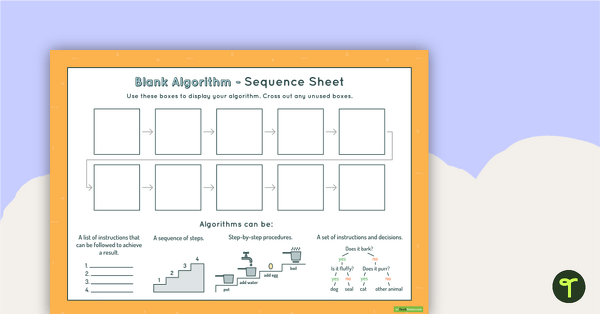
10-Step Algorithm Sequence Sheet - Middle Primary
A worksheet for students to use when writing an algorithm.
- Plus Plan
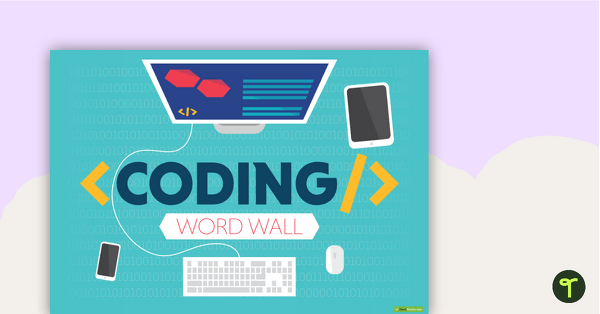
Coding Word Wall Definitions
A set of definition word wall cards to display in your classroom when learning about computer coding.
- Plus Plan
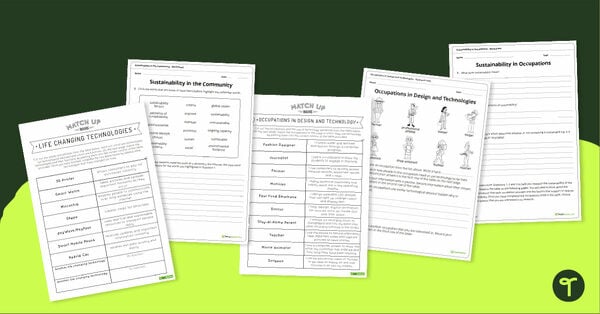
Occupations and Sustainability in Technologies Activity Pack
A set of four resources exploring life changing technologies, occupations, research, and sustainability in the community.
- Free Plan
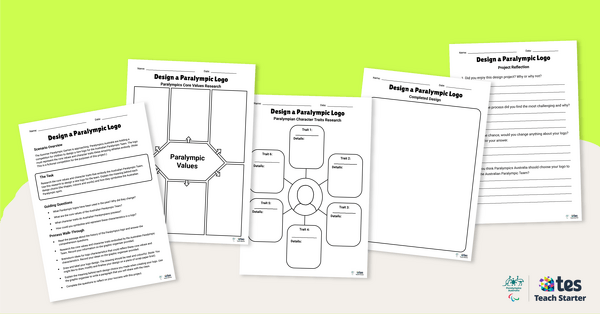
Design a Paralympic Logo – Inquiry-Based Project
Have your students design a new logo for the Australian Paralympic Team with this inquiry-based learning project.
- Plus Plan
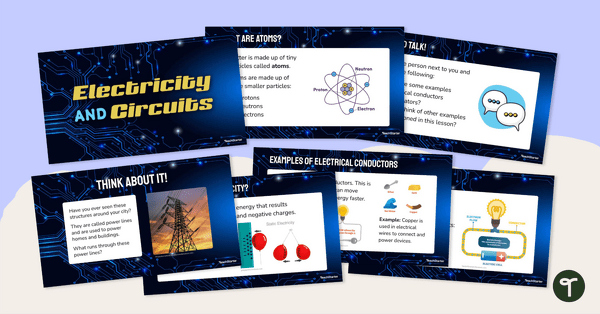
Electricity and Circuits Teaching Slides for Year 6
Use our editable teaching slides to break down the fundamentals of electricity and circuits for your students.
- Plus Plan
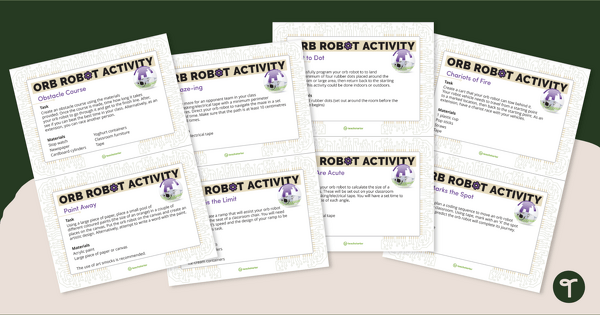
Orb Robot Task Cards
Practice coding concepts with orb robot task cards for students, suitable for middle and upper years.
- Plus Plan
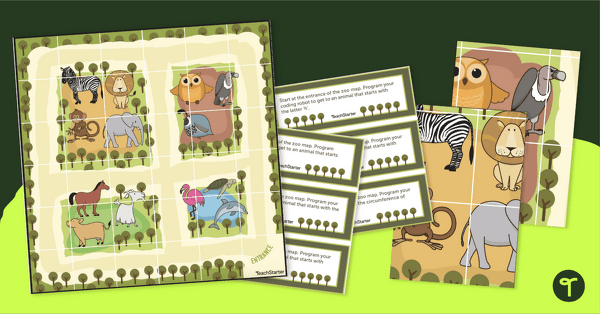
Coding Robot Zoo Mat
Implement coding for kids with coding robots and a printable coding robot map activity.
- Plus Plan
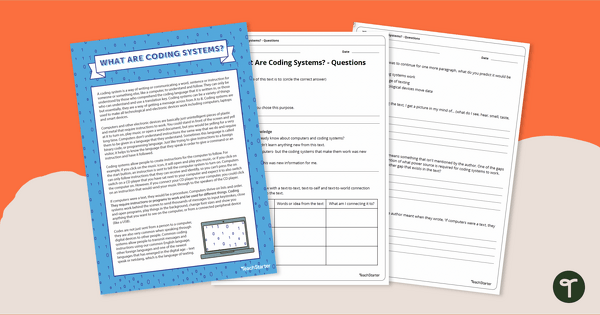
Comprehension - What Are Coding Systems?
Discover the history of technologies and coding systems with a reading comprehension activity.
- Plus Plan
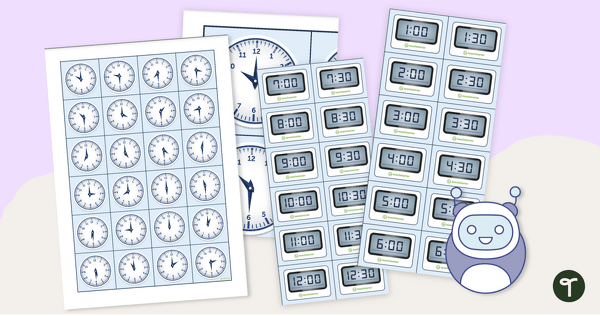
Analogue and Digital Clock Coding Robot Mat
Practise telling time on analogue and digital clocks with coding robots!
- Plus Plan
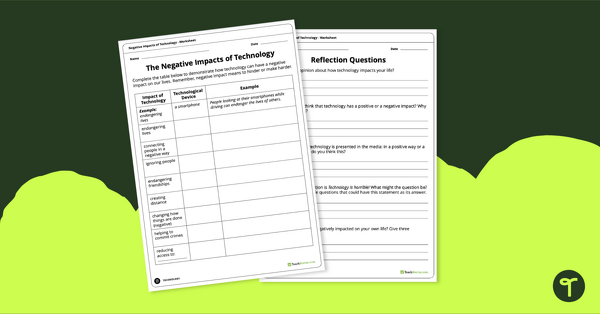
Negative Impacts of Technology Worksheet
Explore the negative impacts of technology in the community with a pair of printable worksheets.
- Plus Plan
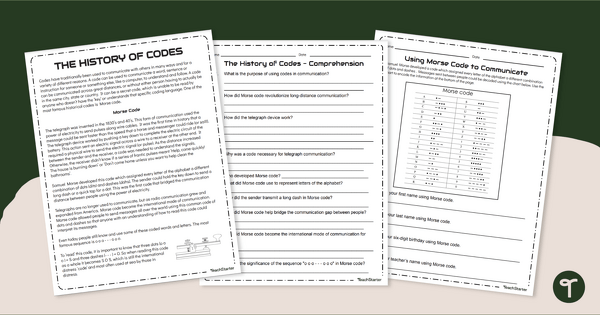
The History of Codes - Comprehension Worksheet
Learn about the history and development of Morse code with a comprehension worksheet.